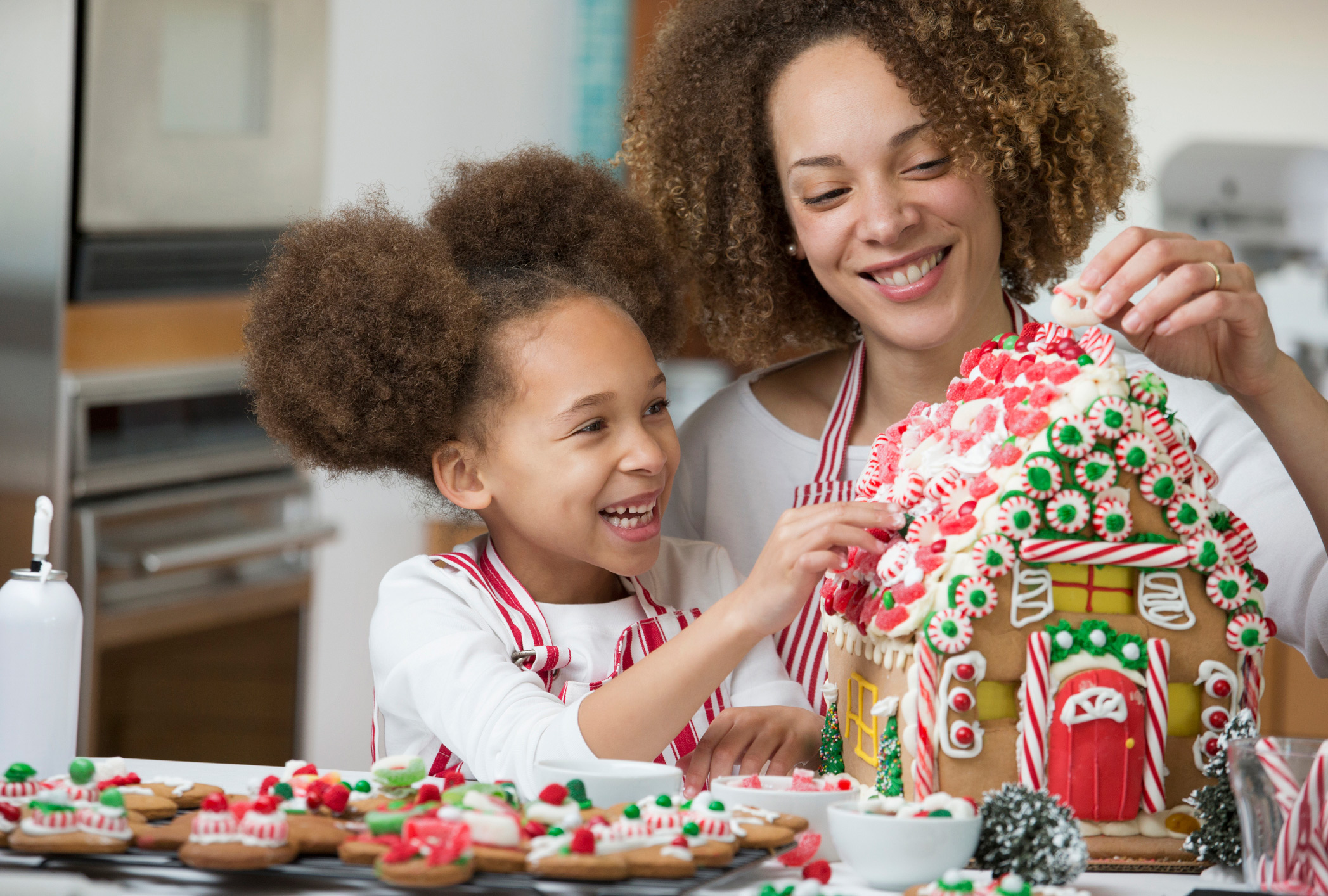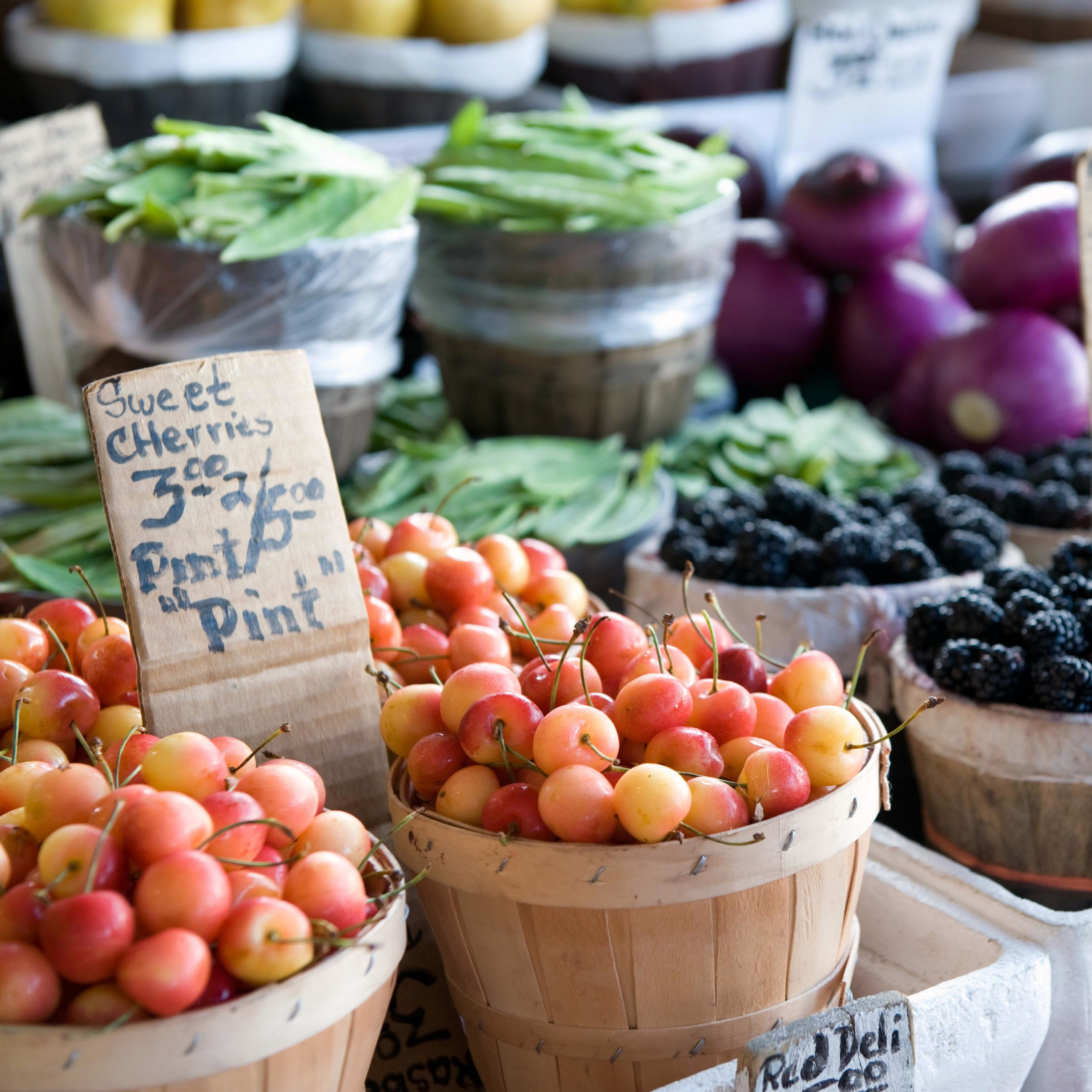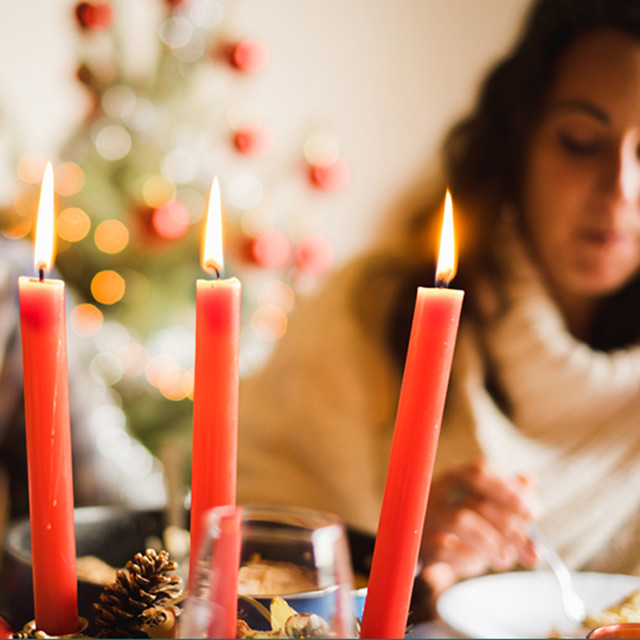This season brings distractions and hazards. These tips can help prevent illness and injury.
Safety is important any time of year. The months stretching from Halloween to mid-January, however, include a series of holidays when family events, decorations, costumes, special foods, alcohol use, cooking, travel and changes to usual household routines all increase the chances for injuries or illnesses.
Coming into the holiday season, it’s smart to look ahead and take steps to increase safety for everyone in the family. Things to consider:
Inside the home:
- Check smoke alarms. Make sure there is a working smoke alarm on every level of your home, inside bedrooms and near sleeping areas. Install fresh batteries, if you did not take this step when daylight saving time reverted to standard time. Review your fire escape plan with family members and guests.
- Prevent spills with pot handles. Kids tend to reach for things they’re curious about. To prevent burns in the kitchen from hot holiday food or liquid spills, use the back burners of your cooktop, and turn pot handles away from the front edge. Click here for more information on cooking safety.
- If you put up a Christmas tree, decorate with your children’s ages in mind. Young children are curious and will want to play with the ornaments. Keep them (and your decor) safe by placing breakable ornaments and those with metal hooks at the top of the tree. That makes room at the bottom for the softer ones that are safer for young kids.
- Water the tree regularly. Natural trees look beautiful and smell great, but if they’re not watered regularly, needles can dry out and pose a potential fire hazard. Make sure your tree has plenty of water by checking it regularly.
- Never use lighted candles near trees, boughs, paper, cardboard, curtains or drapes, or near any other potentially flammable item. Turn off decorative lights before leaving home or going to sleep. Regularly check lights for exposed or frayed wires and loose connections.
Outside the home:
- Stay safe on the roads over the holidays. Be prepared for emergency situations on the road by having a winter “survival kit” in the vehicle. This should include items such as a working flashlight, extra batteries, reflective triangles, a compass, first aid kit, exterior windshield cleaner, ice scraper, snow brush, wooden stick matches in a waterproof container, and non-perishable, high energy foods like unsalted canned nuts, dried fruits and hard candy.
- Don’t be distracted when driving, but know that others are. Shopping center parking lots are busier during the holidays. Keep an eye out for distracted pedestrians and drivers who may not be paying attention to you, especially when backing out of parking spaces.
- Make sure every passenger has a seat belt, car seat or booster seat. Remember to buckle up every ride, every time, whether it’s the long trip to visit family or around the block to the grocery store. Check your car seat before holiday travel. Seventy-three percent of car seats are not used or installed correctly, so check it before you hit the road. Many organizations hold free events to check that children’s car seats are installed properly; click here for how to find one.
Medication safety:
Children can find and consume medications more easily than you’d expect. Many pills look or taste like candy. Here are strategies to prevent illnesses or poisonings that can happen if a child ingests medication they shouldn’t have:
- Put all medicines away and out of sight, including your own. Make sure that all medicines and vitamins are stored out of reach and out of sight of children. In most emergency room visits for medicine poisoning, the child got into medicine belonging to a parent or grandparent.
- Consider places where kids get into medicine. Kids get into medication in all sorts of places, like in purses and nightstands. Be smart about how you store your medication.
- Consider products you might not think about as medicines. Most parents store medicine up and away – or at least the products they consider to be medicine. They may not think about products such as diaper rash remedies, vitamins or eye drops as medicine, but they are, and need to be stored safely.
- Put the toll-free, poison help number into your cell phone contacts: 1-800-222-1222. It’s also smart to post it on your refrigerator or another place in your home where relatives and babysitters can see it.
The holiday season is a time for family, friends, and wonderful food. Incorporating the safety tips listed above into all of your holiday preparations will help you and your family stay safe and injury-free.




